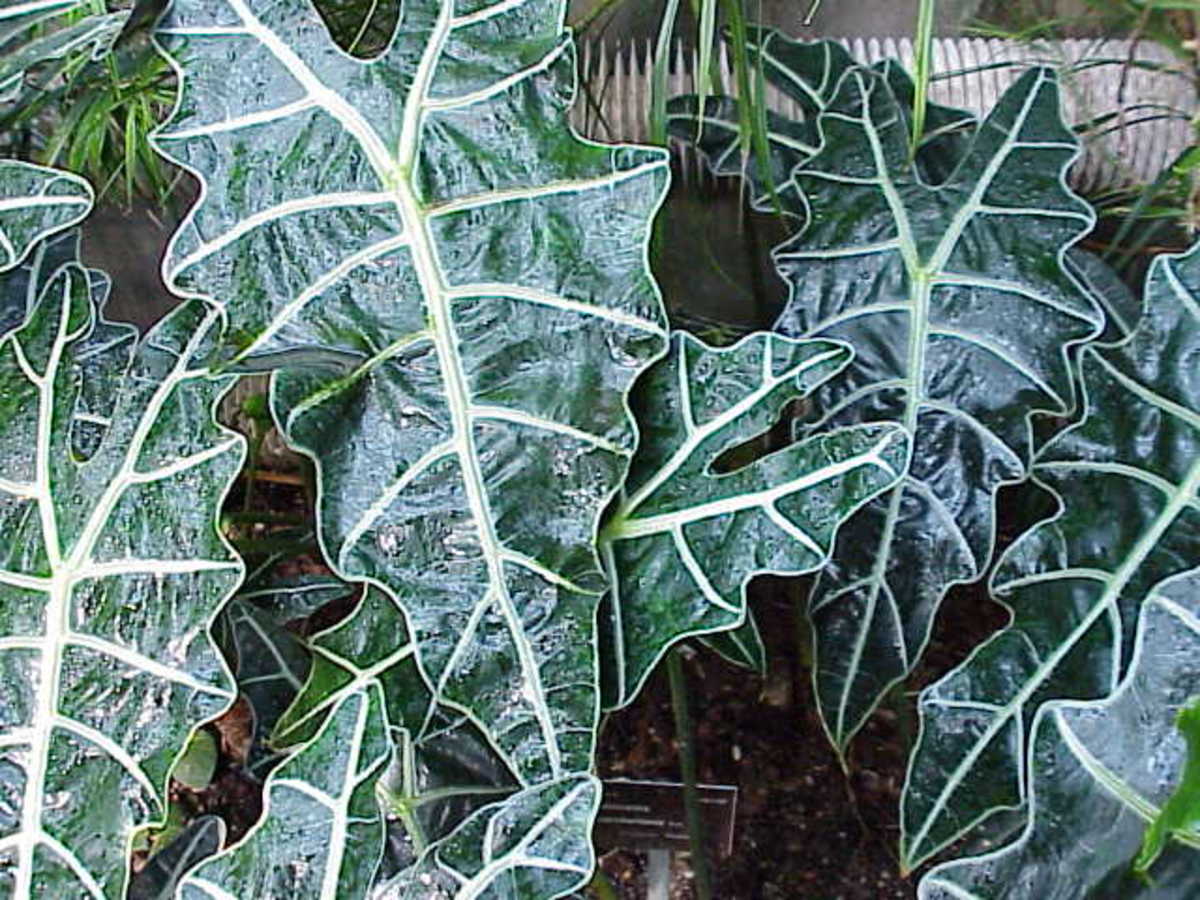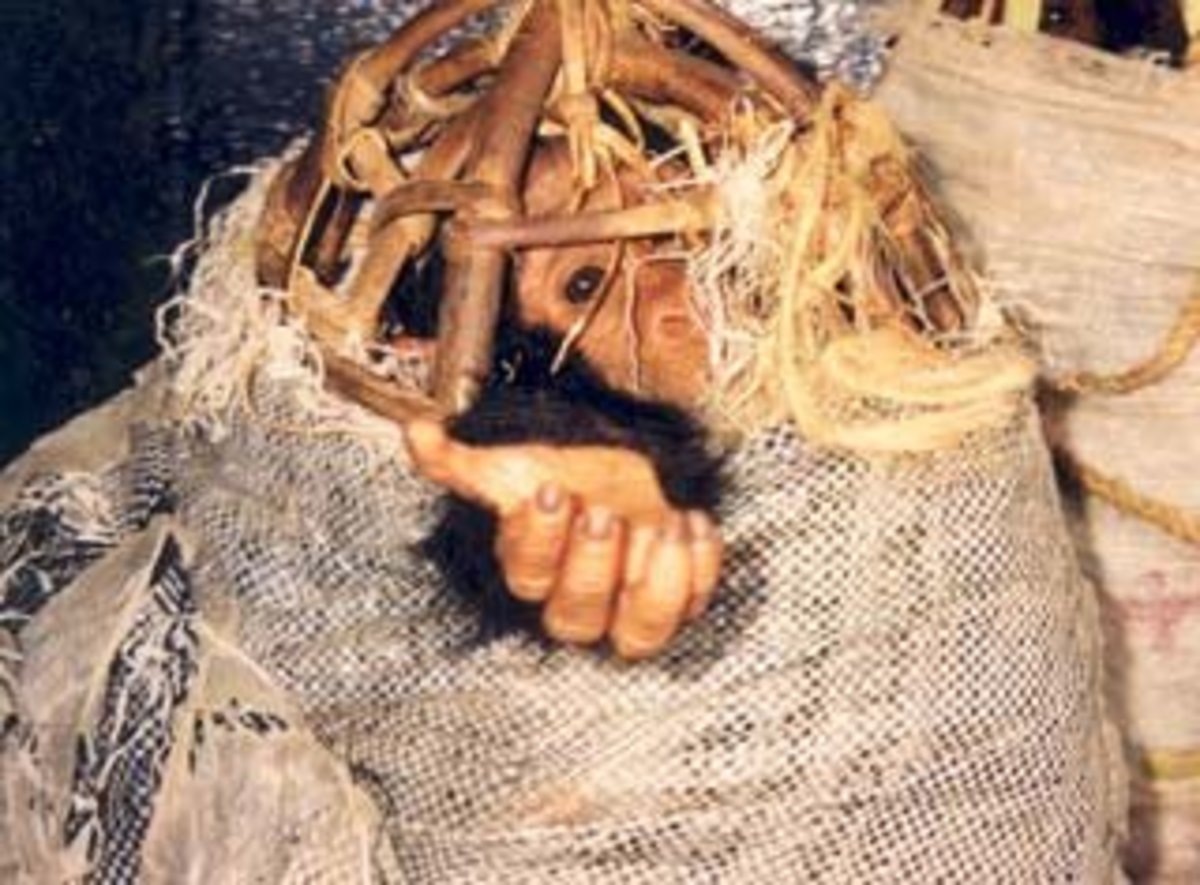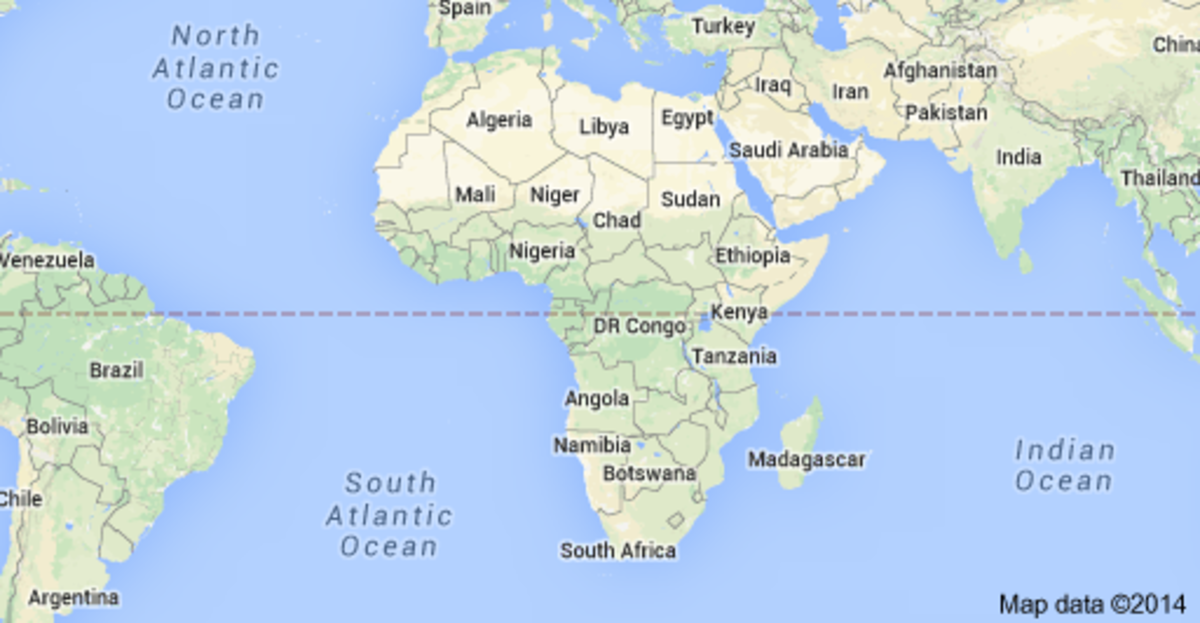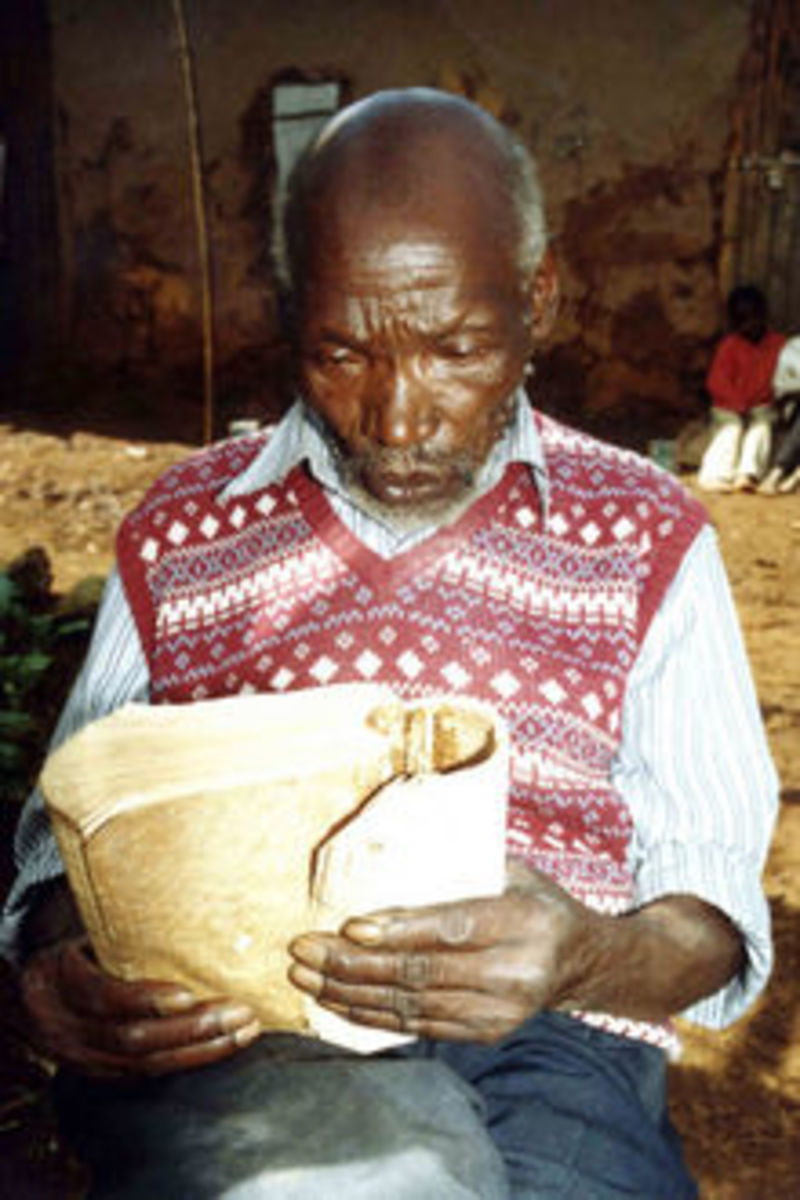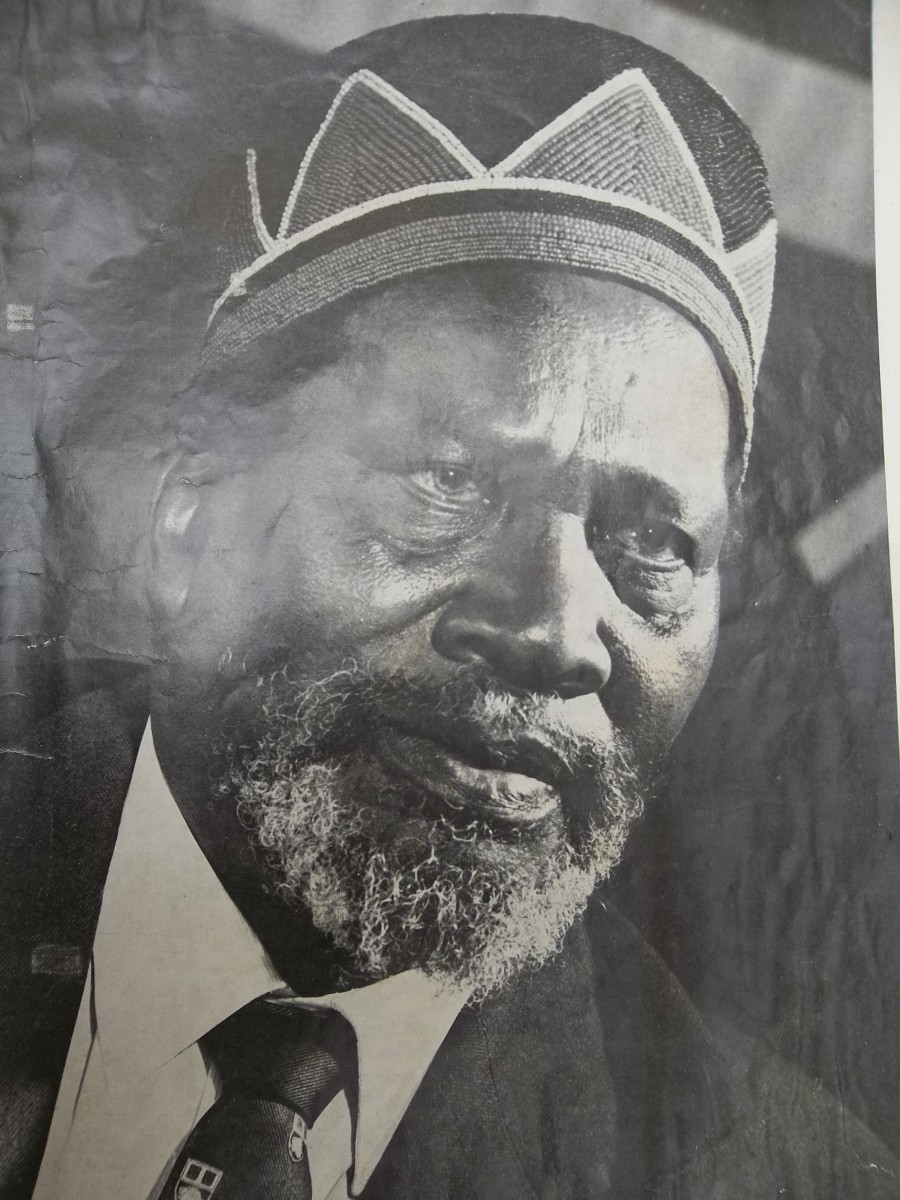Wildlife trade endangered
Egypt is off the hook for the moment, but that doesn't mean that the wildlife business can carry on as usual. A proposal for an international ban on trade with Egypt in wild species and their derivatives, put forward a year and a half ago by the secretariat of the Convention on International Trade in Endangered Species of Wild Fauna and Flora (CITES), was overturned on 29 September, following frantic rounds of damage control by Egyptian officials.
Fearing the loss of the country's legitimate wildlife trade, the government took pains to demonstrate to the CITES secretariat, the major regulating body for wildlife trade around the world, that measures had been taken to combat illegal traffic in CITES-listed endangered species. Though the ban will not materialize, at least for now, this near-miss had government officials, animal traders and conservationists in the country very worried.
The CITES secretariat gave Egypt a 30 September 1999 deadline to comply. If the country didn't take measures towards compliance, it would face sanctions and all commerce in wildlife would be halted.
The convention was drawn up in 1973 to protect wildlife by blocking trade that threatened species on the verge of extinction; Egypt signed the same year along with 20 other states. What the CITES member-countries, which now number 145, have accepted in principle is to ban trade in certain species while regulating and monitoring trade in others, in accordance with an agreed-upon list that is revised periodically on the basis of new information and field studies.
Egypt's endangered wildlife currently includes 16 bird, nine mammal and two reptile species, along with 91 plant species, according to a November 1998 CITES workshop report. In international environmentalist circles, Egypt has over the years developed a reputation for signing conventions and never implementing them. "This time it was very serious," says wildlife scientist Hamdy Oushy, a member of the standing committee formed last month to work on CITES implementation. CITES has to be put into action, or sanctions will eventually be imposed.
For years, the government had not been following up on regulating trade in endangered species--until the CITES warning was issued about a year and half ago. Then, although wildlife trade falls under the agriculture ministry's portfolio, the Ministry of Foreign Affairs got involved.
"If Egypt gets sanctioned, it's going to be a disaster," says Oushy. "First of all, the reputation of Egypt will be affected.... Sanctions are very dangerous politically, economically, and for the image of the country."
Greece faced the prospect of similar measures--refusal by the CITES authorities to issue permits for wildlife trade with the country--until last March, after it had introduced legislation to customs controls on CITES-listed species. Guyana, also listed along with Egypt as a member-country whose national legislation was not sufficient to meet CITES standards, was given the same 30 September deadline to demonstrate moves towards compliance.
On 2 September, Minister of Agriculture Yousef Wali issued a decree for the formation of a committee to put the provisions of CITES into action in Egypt. Responsibility for CITES management, including the issuing of permits, had previously been assigned to the Giza Zoo, which is also part of the agriculture ministry.
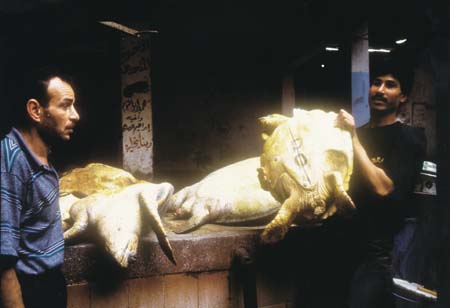
With the passage of Law 4 for the Environment in 1994, responsibility for overseeing implementation of international environmental conventions and coordination with the relevant international organizations fell to the Egyptian Environmental Affairs Agency (EEAA). When the environment minister issued a decree two years ago banning the export of certain endangered species, the CITES secretariat said it was inadequate, particularly because it only covered animals while totally ignoring plants. The secretariat, citing trade reports, noted that Egypt had been issuing export permits for multiple specimens of many listed species.
Customs authorities do occasionally seize contraband animals entering or leaving the country. Airport officials recently confiscated 13 falcons hidden in a shipment of ducks to the UAE. "The scale of illegal wildlife trafficking in Egypt is huge," says Oushy.
Sanctions would primarily threaten business that is currently legal--and this threat may be serious enough to prompt the government into action against the illegal trade. Egyptian companies legally export huge numbers of frogs to France, and if that market were closed, many jobs would be affected, says Oushy. The burgeoning ostrich farming industry would also be destroyed by a CITES ban. "We wouldn't be able to export a single feather," he says. Other countries' customs authorities would not accept Egyptian permits, nor would they permit exports to Egypt. "Everything will come to a halt."
Cairo resident Maryanne Stroud, a bird breeder for five years, owns parrots belonging to three CITES-listed varieties. Of her original birds, she says, only one was legally imported and has a permit. These wild-captured birds cannot be traded legally, but their captive-bred offspring can be. "I have raised two African gray parrot babies," says Stroud. To get a CITES permit for export, the breeder has to carry out DNA tests to prove the birds are the offspring of parents held in captivity."
Without a proper permit from the agriculture ministry, an animal can be confiscated and the exporter fined. Even for a piano with keys made from ivory, says Oushy, you would need a permit to take it out of the country. Penalties for CITES violations in other countries include fines of up to $20,000 as well as jail terms. Under the current law in Egypt, the maximum penalty is an LE10,000 fine for any violation, in addition to confiscation. According to Oushy, the implementation committee is considering new penalties but hasn't reached a decision yet.
CITES classifies endangered species according to three different degrees of threat. Appendix I lists species that are currently headed towards extinction--elephants, rhinos and most species of sea turtle are in this category. Trading in any Appendix I species or its derivatives is completely forbidden, except for scientific purposes. Permits have to be issued even for blood samples of Appendix I species.
Appendix II species--those which may become threatened with extinction if trade is not controlled--are allowed to be traded, but only within limited quotas. Appendix III species are locally depleted, and the country of origin must issue a permit for them to be traded.
Member-states periodically propose reclassification of a species when circumstances have changed. Following a mid-1990s field study commissioned by the EEAA, Egypt proposed that the Egyptian tortoise, an Appendix II species, be reclassified as Appendix I. Meanwhile the Nile crocodile, formerly in Appendix I, has been moved to Appendix II. Even using a contraband specimen for display is considered a violation, says Oushy.
Egypt has been extensively used as a transit point for illegal animal trade originating in other African countries. In addition to ivory, rhinoceros horn--used to make aphrodisiacs, mainly for the Chinese market, and dagger handles--has often been sent through Egypt. Live chimpanzees and gorillas have also been smuggled through. While the CITES authorities can only directly intervene in international trade, it is up to member-countries to control internal trade.
Evidence of CITES violations can be observed regularly at a number of spots in and around Cairo. Stuffed wild animals are found at the Kerdasa market, while the main place to buy live ones is the Tunsi pet market, open every Friday and Sunday. Monkeys can be obtained for LE2500 each, gray parrots for LE2000, and Egyptian tortoises--imported from Libya since the eradication of the local population--for as little as LE15, according to one Kasr Al Aini pet shop attendant.
"These animals should not be in the market in the first place," says Oushy. "People who sell these animals are violators. Where did they get them from? They were smuggled, exactly like drugs."
Throughout the Khan Al Khalili, numerous shops sell ivory ornaments--absolutely illegally, according to Egyptian law as well as CITES. Not that all the merchants are aware of this. "Ivory is not illegal in Egypt--it's only illegal abroad," said one Khan Al Khalili shop owner. "No one has ever told us not to sell ivory."
Vendors at the fish market in Anfoushi district of Alexandria--where endangered loggerhead sea turtles can frequently be seen lying on their backs on the tables, drying out and slowly dying--expressed disinterest in the legalities of selling the reptiles. "The police have never bothered us," said one.
Wild animals and plants are collected and hunted by humans for food, sport, food, scientific research, and industry, as well as for the pet market. (In the case of the sea turtles in Alexandria, they're not specifically hunted but rather get caught in fish and shrimp nets.)
Though officials have up to now put less emphasis on plants than animals, Oushy points out that some locally endangered plants are commonly collected for use as medicine. "There are plants that are not listed under CITES that we want to list under Appendix III to protect them and allow them to multiply," he says.7
Following the agriculture minister's 2 September decree, the country is taking steps to do what it should have been doing since the convention first came into effect. A management authority has been set up to issue CITES permits, put out periodic trade reports, and monitor airports, seaports and border points, as well as pet shops. A new scientific authority will provide advice on technical matters.
The ministry, says Oushy, has improved its coordination with police in raids on pet shops and tourist bazaars. Information leaflets have been distributed to customs officials. Despite the measures taken so far, more training and financial support is needed for Egypt to successfully implement the provisions of CITES.
Some of the blame for the country's record of non-compliance in the past may rest with CITES itself. "The convention itself was not very clear, " says nature conservationist Mindy Baha El Din. "It really took a lot of effort for Egypt to understand what [the secretariat] wanted. I can understand why the government might have had confusion regarding what it needed to do." She adds that the CITES authorities have been lax in their monitoring. "For years they knew about the problems and they knew about the violations, and they didn't do anything," she says.
"We definitely need technical assistance for this convention," adds Baha El Din, "because it is very complicated and very difficult. We really don't have a single solitary person or organization in the country that has sufficient technical capacity to address CITES management effectively."
"Enforcement is one of the biggest problems," agrees Stroud. "They don't have staff, and the staff they have lacks training.... I doubt that people in Salloum will check a truck for parrots."
Oushy says the committee plans to send five or six people abroad for training in CITES-implementation procedures, with the intention that they will subsequently train others. Egypt, he adds, has applied to the French Global Environmental Facility (FGEF), a French-sponsored aid organization to which Lebanon, Tunisia, Niger, South Africa, and Senegal already belong.
As with any international convention, enforcement costs money--money that the government doesn't necessarily have to spare. "There are a number of donors in the country that might be willing and interested in helping to fund capacity-building for CITES management if they were approached by the government," Baha El Din says. Public awareness is the implementation committee's other major challenge, she adds. "Awareness-raising is one of the big needs of this convention. A lot of people don't know about [CITES] and don't know that [trade in certain species] is illegal."
Baha El Din cites the example of a group of Egyptian sailors recently arrested in the UK. They had taken a batch of tortoises to England, and were arrested for selling them in the street. "These poor sailors probably had no idea about the convention, the fact that this animal was listed and endangered," she says.
Tourists, out of genuine or willful ignorance, often violate the convention too. "A lot of people buy the birds without knowing that they can't take the bird with them when they leave," says Stroud. Customs officers, whose main concern is import and export shipments, don't regularly check tourists on their way out.
In some countries, like Saudi Arabia, brochures circulated at airports show pictures of CITES-listed species and their derivatives, and warn travelers against buying such goods: "Before making any purchase one should be certain that the specimen has been legally obtained and is accompanied by relevant documentation." Egypt's committee intends to distribute similar brochures, Oushy says.
The committee still has a long way to go. CITES signatories are supposed to draw up a complete list of endangered species--something Egypt still has not done. Then they have to establish quotas and determine appropriate punishments for violators. "To prepare a proposal, submit it, study it and approve it will take at least one year," says Oushy. "Restoring wildlife will be a long-term project. You're not only dealing with animals. You have to restore habitats first, and then the wildlife."
During last November's workshop on CITES implementation in Arab countries, EEAA officials noted Egypt's success in controlling the use by hunters of gas and explosives, and added that the country had placed eight percent of its territory under protection. That eight percent refers to Protected Areas (national parks). CITES is officially applicable everywhere, though not enforced even in most protectorates. These parks are not well fenced, and police are not present at most of them. Even at the country's most renowned protectorate, Ras Mohammed, in South Sinai, the guards at the exit gate don't check visitors' cars or bags on the way out.
"If we don't have an effective system, there will be more violations in the future, and we could be back in the same situation that we were just in with the [threat of] sanctions," says Baha El Din.
Egypt must apply CITES regulations before the secretariat decides to issue another warning. This may not happen for a while, but the possibility has to be taken seriously. Otherwise, uncontrolled trade will continue to destroy irreplaceable resources, and the country will remain at risk of international censure.

